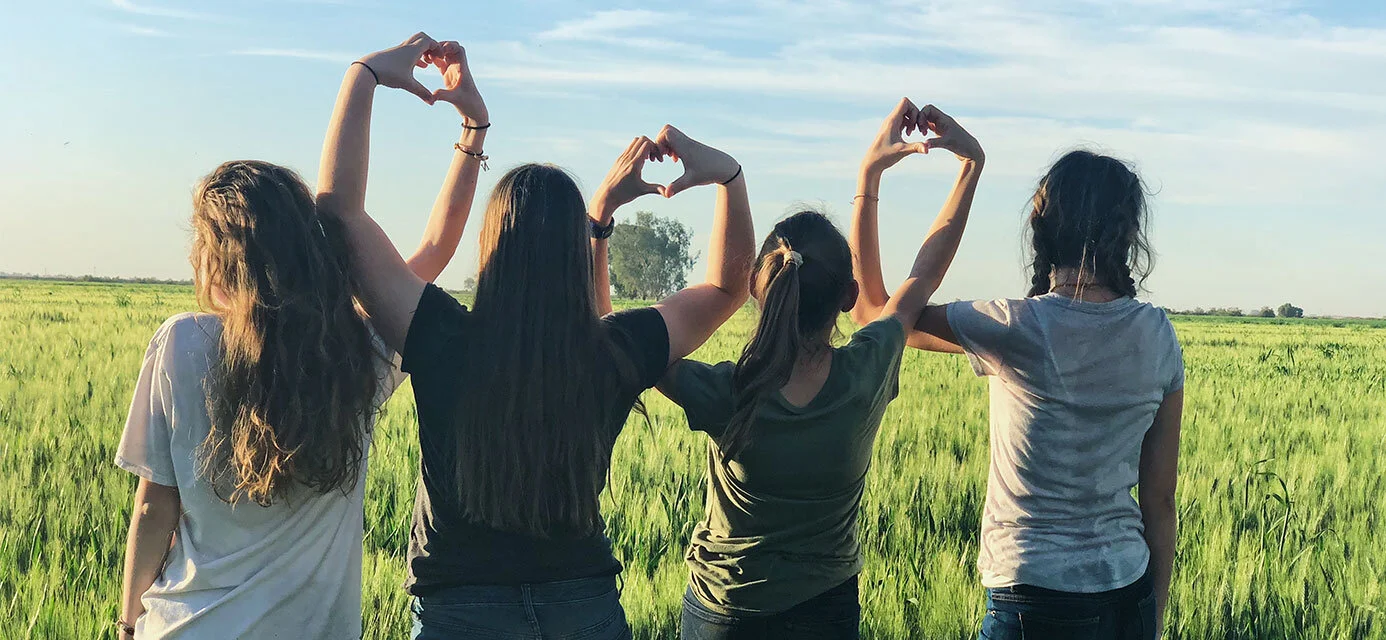This time of COVID 19 has been very difficult, and for many, still is. It has brought isolation, stress, and far too often the pandemic has meant worry about basic needs, and even life itself, for family members.
Children and teens are impacted because they could not always go to school or see their friends and family members. Also, some of their parents could not always work, making access to money, food, and shelter unstable and extremely stressful. Children and teens experienced this stress as well, and worried and felt the future was uncertain. At times, some parents and caregivers took this unprecedented stress out on their children and teens.
As we bring children and teens back to school full time this fall, we need to be aware of changes that may have come about as a result of so much isolation, and possibly even abuse. Some parents and caregivers may have crossed serious boundaries and sexually abused a child or a teenager. This is a serious form of abuse that can affect the victim’s life for years to come.
Children may feel anxious being around other children and adults, some of whom are wearing masks and others who may not be wearing masks. Teens may feel awkward and unsure how to behave with peers, having mainly “hung out” online and not in person.
Due to COVID 19, children and teens had unprecedented access to computers/screens of all sorts. This access may not have come with sufficient supervision. Online predators or older children and youth may have taken advantage of others who are younger, or even peers. They may have convinced and pressured them to send naked or partially naked pictures which then become leverage for further harm.
It is vital that we as parents, grandparents, teachers, childcare, and afterschool providers carefully observe the stress levels of the children and teens in our lives. Are they okay? Are they nervous, anxious, angry, tired, or sad? Do they have food issues? Are they afraid of others or unable to concentrate? Are they self-harming by “cutting”, or are they having trouble sleeping? Are they wearing very baggy clothes, or clothes that seem inappropriate for their age? Very young children who have been sexually abused may masturbate in public and/or try to engage other children in sex play.
Reactions to trauma can take many forms and look different in different children and teens.
Take time with anyone in your care that you feel concerned about. Let them know you are there for them and are available to talk. Some may open up quickly, while many will not. Always keep good boundaries and do not assume a hug will be welcome or comfortable. Always ask before you touch.
It may take many months and even years before we fully understand the impact this pandemic has had on the children and teens we know. That said, we can each make a big difference in how well and how soon children and teens who have been harmed will recover.
For support contact PCAVT’s Parents Helpline at 1 800 CHILDREN. To report the suspicion of child abuse and/or neglect call the Vermont Department for Children and Families Central Report Line at 1 800 649 5285.
See our calendar of abuse awareness and prevention trainings

